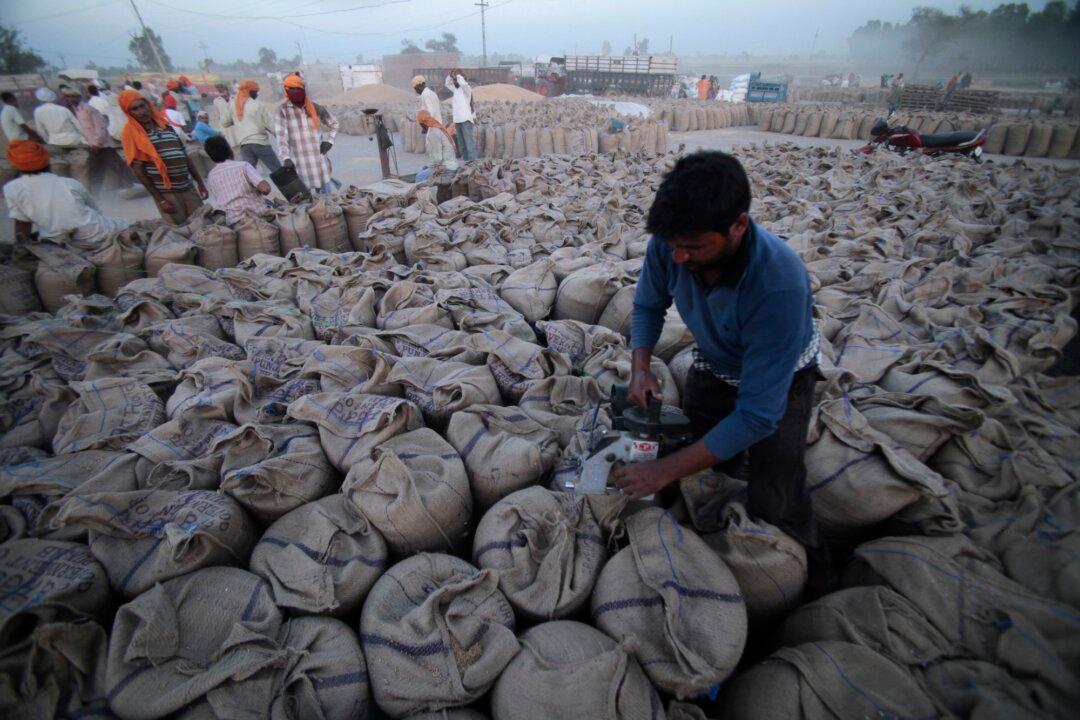India has granted “some relaxation” to its decree banning wheat exports following reports that thousands of wheat-laden trucks were stuck at ports since the ban went into force on May 13.
“It has been decided that wherever wheat consignments have been handed over to Customs for examination and have been registered into their systems on or prior to 13.5.2022, such consignments would be allowed to be exported,” the Commerce Ministry said on Tuesday.





